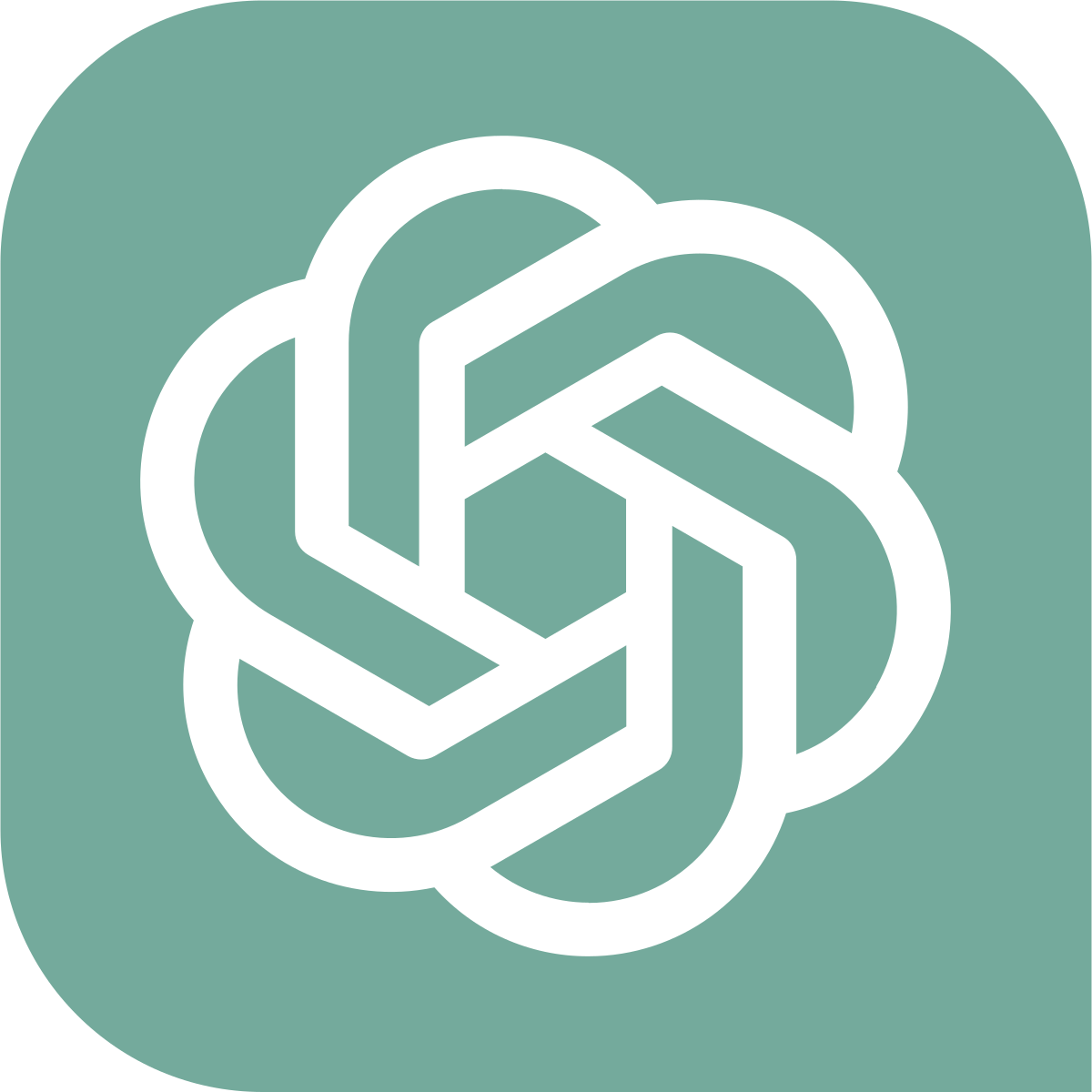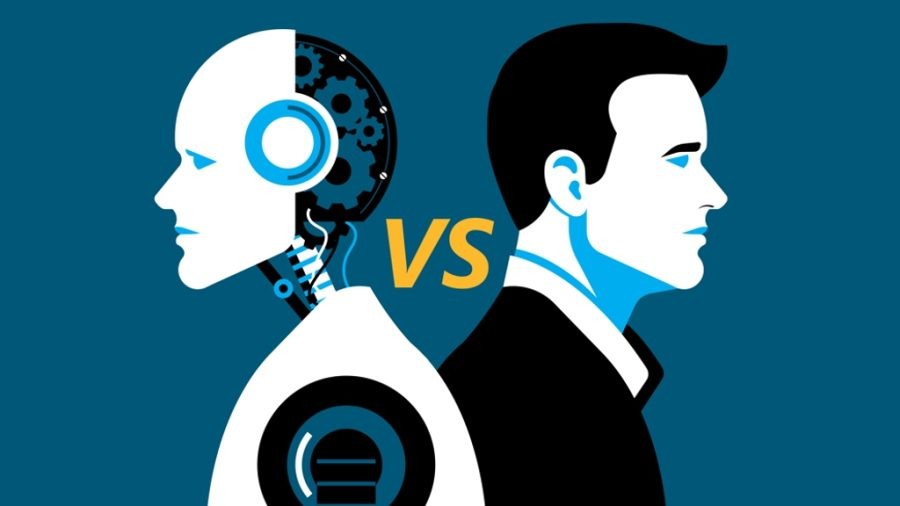The rise of large language models (LLMs) like ChatGPT has ignited a fascinating debate: are machines approaching or surpassing human intelligence? While ChatGPT is undeniably impressive, wielding language with surprising fluency, a closer look reveals a landscape where human and artificial intelligence stand on different, but complementary, ground.
ChatGPT’s Strengths: Speed and Scale
ChatGPT excels at processing massive amounts of information. It can sift through mountains of text, identify patterns, and generate human-quality content at lightning speed. This makes it a powerful tool for tasks like summarizing research papers, writing different kinds of creative text formats, and even translating languages.
The Uniqueness of Human Intelligence
However, human intelligence goes beyond mere data processing. We possess critical thinking, creativity, and the ability to understand context and nuance. We can analyze information, form our own opinions, and solve problems in ways that are still beyond the reach of AI.
Here are some key aspects where human intelligence shines:
- Understanding the World: Humans can integrate information from various sources, including sensory experiences, to build a comprehensive understanding of the world around them.
- Reasoning and Problem-solving: We can approach problems from different angles, develop creative solutions, and adapt to new situations.
- Social Intelligence: Humans excel at reading emotions, navigating social interactions, and building relationships.
Check Also: The Future of AI: An In-depth Look at ChatGPT’s Capabilities
The Future: Collaboration, Not Competition
The key takeaway isn’t about competition, but collaboration. ChatGPT and similar LLMs can augment human intelligence by automating tedious tasks and providing vast information resources. This frees us to focus on our strengths: critical thinking, creativity, and social interaction.
Imagine a doctor using ChatGPT to analyze patient data and generate reports, while they focus on building rapport with the patient and making diagnoses.
The future lies in harnessing the power of both AI and human intelligence. As these technologies evolve, the line between them may even blur. But for now, the human touch remains irreplaceable.
FAQs
ChatGPT is a powerful tool for content generation and information retrieval. It can summarize research papers, write different kinds of creative text formats, and translate languages. However, it currently lacks the critical thinking and creativity needed for original research or in-depth analysis. Human researchers and writers will still be needed to interpret information, form their own arguments, and ensure the quality and accuracy of the final product.
No, ChatGPT is not a replacement for human intelligence. While it excels at processing information and generating text, it lacks the key aspects of human intelligence like reasoning, problem-solving, and social skills. The future lies in collaboration, where AI tools like ChatGPT augment human capabilities by taking on tedious tasks and freeing us to focus on our unique strengths.
Check Also: Using ChatGPT for Creative Writing
Conclusion
ChatGPT represents a significant leap in artificial intelligence, particularly in its ability to process and generate language. However, human intelligence, with its unique blend of critical thinking, creativity, and social skills, remains irreplaceable.
The future belongs not to a competition between humans and machines, but to a collaborative partnership where AI empowers us to focus on what we do best. As AI continues to evolve, the possibilities for this partnership are truly limitless.
Check Also: How to use ChatGPT for Facebook Ads Strategy

